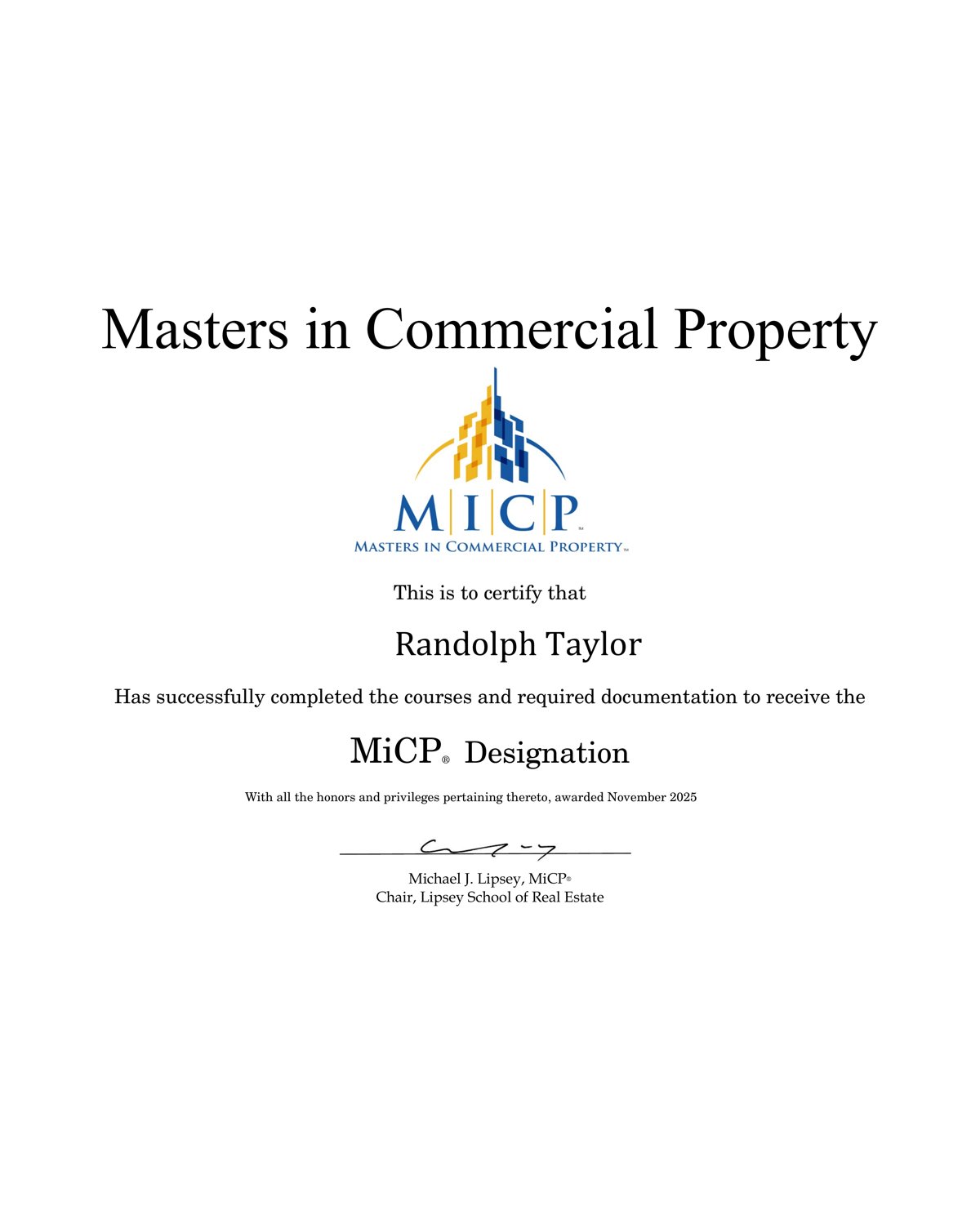
One of those strategies is the Delaware Statutory Trust (DST), which is becoming increasingly popular among accredited investors selling property using a 1031 exchange. This is because the DST meets "like-kind" property requirements of the 1031 exchange, affording investors the full tax-deferral benefits allowed by the IRC Code. Yet, it also has some characteristics that may help assuage investment property owners' worries today.
Tenant Stability
Many rental property owners are worried about how our high inflation will impact their tenant's ability to pay monthly rents. And many owners dislike the task of replacing current renters with new tenants.
The DST investment structure allows investment property owners to sell their property and exchange it into the DST for ownership of a fractional interest in a portfolio of properties. Because these properties are of typically institutional quality and managed by professional management firms, tenant conditions are more favorable for tenant retention.2
Portfolio Diversification
If one owns an office building or small retail center, they may have experienced what the industry refers to as "concentration risk."3 Perhaps during the pandemic, they were asked by tenants to renegotiate their leases or even provide rent relief. The office and retail sectors were hit hard during lockdowns.DSTs often hold different types of investment property in other geographical areas, so their holdings are much more diversified. For example, a DST could hold a sizable multifamily apartment in Austin, Texas, a distribution center in Boston, Massachusetts, and a data warehouse in Orlando, Florida. Owning a fractional interest in multiple properties of different types can help manage investment risk when one property type isn't performing as well as others.
In-Place Financing
Ideally, if an investor has a loan on their investment property, it is a fixed rate note for an extended period. That would help a borrower from rising inflation because typically, as inflation increases, so do borrowing costs. But, on the other hand, if an investor needs to secure new financing, they will likely pay more for it today than a few years ago, which could lead to rising operating expenses.
DSTs generally have in-place financing on the properties negotiated at institutional levels within their portfolios. So, by exchanging an existing property into a DST, the need to secure one’s own financing is avoided. And a DST's debt is considered non-recourse to the investors, so the liability is limited.
Professional Management
Often overlooked when the cost of goods increases rapidly is the impact of more expensive materials and equipment on operating expenses. When prices are high, replacing a hot water heater or a new roof could be more costly today than just a year ago.
Since DSTs are managed by professional management firms, the trust and management group manages the expenses incurred to maintain and operate the portfolio's properties. Investors are not required to provide additional capital for repairs and maintenance as allocated within the budget. Perhaps most importantly, investors have no responsibility for operating the properties.
A Time to Consider
DSTs, as with any investment, carry certain limitations and risks investors should be familiar with prior to investing. As we have discussed here, DSTs may provide current investment property owners additional benefits to consider during periods of rising inflation. And they may also be suitable for investors during periods when inflation is not a concern.
Contact our team to schedule a no-cost consultation to learn more about how a DST 1031 exchange may help you address your current real estate portfolio concerns.

No comments:
Post a Comment